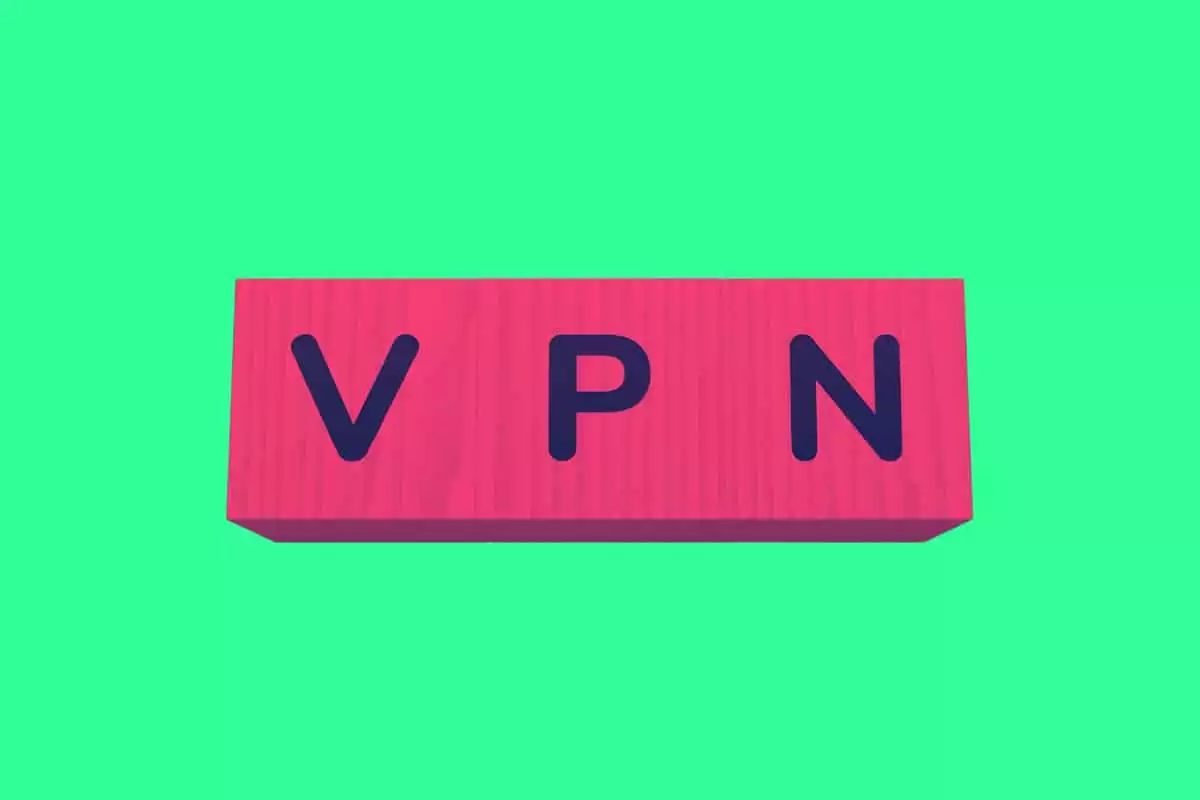VPNs are great but quite a few of them aren’t all that stable. No one likes spotty performance and drop outs, so what is the most stable VPN on the market right now?
There’s plenty of reasons to use a VPN in 2023. From accessing the web, unhindered by ISP blocks, to accessing different regional versions of Netflix, Disney+ and Amazon Prime, millions of people use VPNs everyday to get stuff done online.
Take me, for instance, I’m currently traveling in Finland for a month, so I’m using loads of public WiFI networks. Because a lot of the work I do involves sensitive information, stuff like bank account numbers and documents protected by NDAs, I need to ensure that my internet connection is secure and encrypted, so a VPN is essential right now.
What’s The Most Stable VPN?

But when it comes to the most stable VPN service on the market, what is the best option right now? I’ve tested all the major players in the market during the past 12 months, having an account with all of them is costly but it does allow me to constantly check and benchmark their respective performance metrics. But at least the fees are tax deductible.
As of right now, the fastest and most stable VPN on the market is NordVPN. This is the #1 reason why it is listed in the number one spot inside our 2023 guide to the best VPN services, alongside its rapid overall speeds and cutting-edge security and features.
If you want the most stable, consistent performance from a VPN my advice – based on near constant research on all of the biggest players in the niche – would be to go with NordVPN. It has great prices, excellent customer service, and the most advanced security features of any of the big players in the VPN industry.
What Factors Affect VPN Stability?
When it comes to stability, there are a range of things or factors that can affect the overall stability of a VPN. The common of which are as follows:
- Internet Connection: Your own Internet connection is a major factor in VPN stability. If your Internet connection is slow, unreliable, or frequently disconnects, this can directly impact the performance and stability of your VPN.
- Server Distance: The physical distance between you and the VPN server can affect stability. The farther away the VPN server, the slower the speed can be and the higher chance of losing the connection.
- Server Load: If the VPN server is heavily loaded with many users, it could potentially slow down or become unstable. High-quality VPN providers generally have numerous servers around the world and manage their load effectively to avoid this issue.
- VPN Protocol: The protocol that your VPN uses can influence its stability. Some protocols prioritize speed over security, while others do the opposite. Protocols like OpenVPN are generally stable and secure, while protocols like PPTP may be faster but less secure.
- ISP Throttling: Some Internet Service Providers (ISPs) may throttle (intentionally slow down) VPN traffic. This can obviously reduce the speed and reliability of your VPN.
- Firewall and Security Settings: Some firewalls and security settings, either on your local device or at the network level, can block or interfere with VPN connections.
- Software and Hardware: The stability of the device and the software used to connect to the VPN can also impact the stability of the VPN connection. Old or outdated hardware, or VPN software with bugs or compatibility issues, can lead to a less stable VPN experience.
- Quality of the VPN Provider: Finally, the quality of the VPN provider itself is crucial. Good providers have reliable servers, good load balancing, strong security, and efficient protocols. Poor quality providers may have unreliable networks that result in an unstable connection.
And while no VPN is perfect, things like your internet connection can and will be affected by things you simply cannot control, a good quality VPN service provider like NordVPN or any of the other providers listed inside our Best VPN Guide will ensure your connection is as stable as humanly possible.


